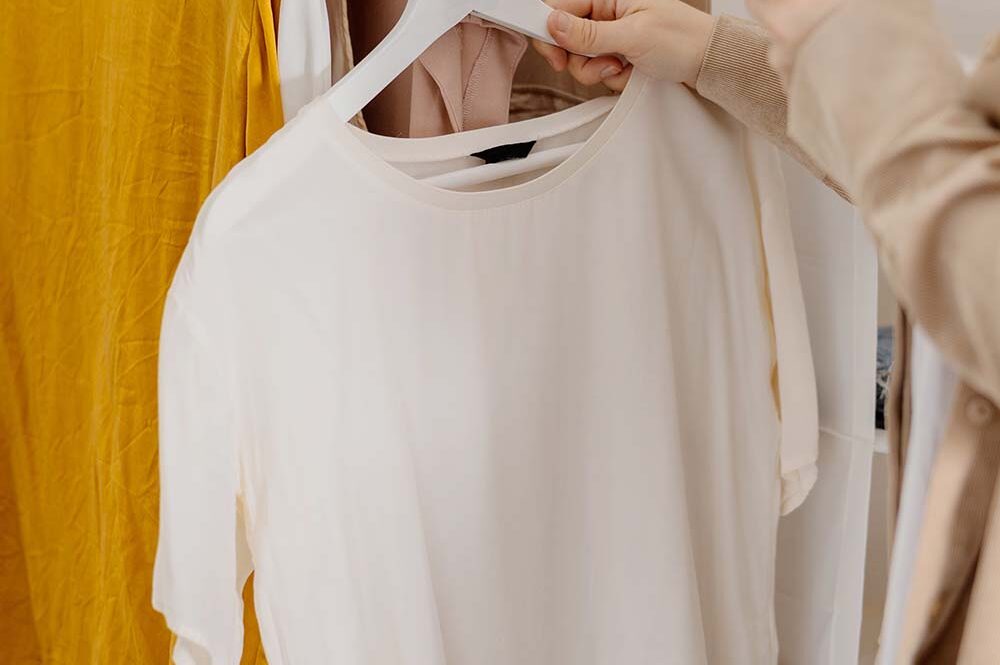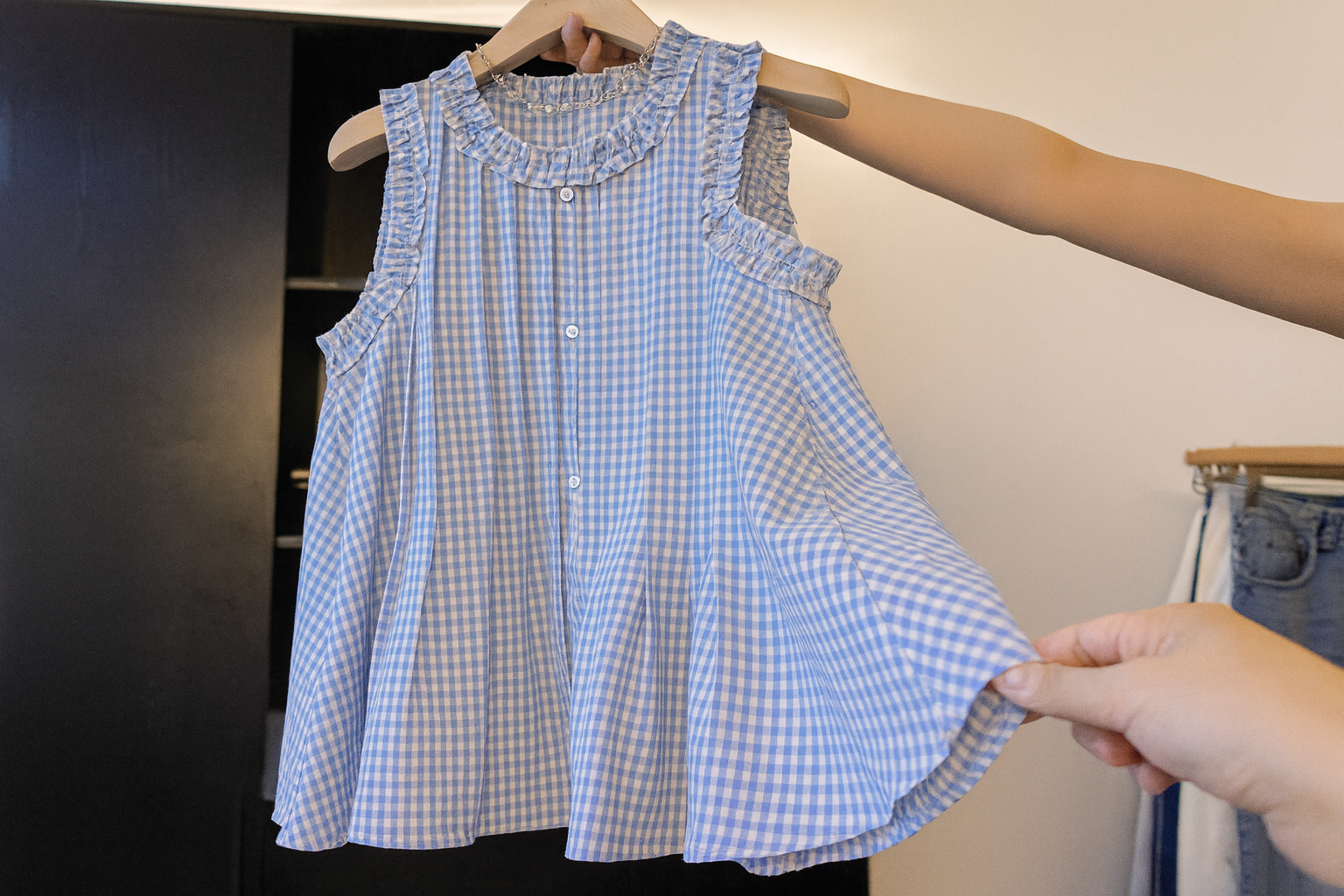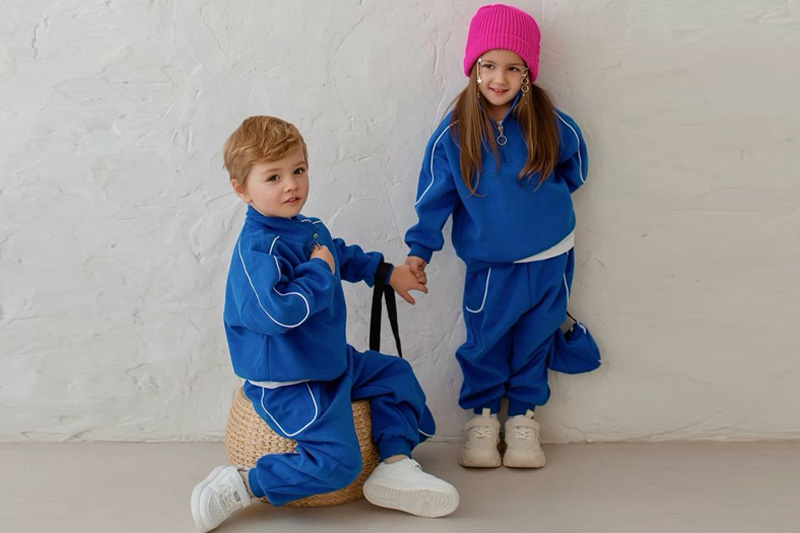Finding a sustainable manufacturer for your clothing brand is a crucial step in building a brand that aligns with eco-conscious values. It’s about more than just selecting a factory; it's about finding a partner who shares your commitment to sustainability and quality.
Choosing a sustainable manufacturer is essential for building an eco-friendly clothing brand. Focus on key aspects like certifications, material sourcing, ethical practices, and experience to ensure the manufacturer is reliable and aligned with your values. These factors can make or break your brand’s reputation in the long run.
As we dive deeper into the steps to select the right manufacturer, let’s break down each key consideration that can help ensure you make the best choice.
Understanding the Importance of Certifications in Sustainable Manufacturing
When it comes to sustainability, certifications matter. But what exactly do they mean?
Certifications such as GOTS, OEKO-TEX, and BSCI are indicators of a manufacturer’s commitment to sustainable and ethical practices. They verify that the factory meets the necessary environmental, social, and quality standards. Look for these certifications to ensure you're working with a trustworthy partner.
Understanding certifications can feel overwhelming, but they’re essential for verifying a manufacturer’s sustainability claims. To make things easier, think of certifications as the gold standard in the clothing industry. They prove that a manufacturer has been audited for both environmental practices and ethical labor standards.
Take the Global Organic Textile Standard (GOTS), for example. This certification ensures that the entire process—from the cotton grown to the final garment—is eco-friendly, from the soil to the final product. Then there’s OEKO-TEX certification, which ensures that the fabric is free from harmful chemicals, something that is non-negotiable when you’re producing clothing for consumers who care about their health and the environment.
At Taian Lianchuang Textile Co., Ltd, we hold certifications like GOTS and OEKO-TEX, ensuring that we meet international sustainability standards. When sourcing materials or selecting a manufacturer, always ask about their certifications to avoid any surprises down the line. It’s a simple way to check if the manufacturer’s practices align with your values.
Evaluating a Manufacturer’s Material Sourcing and Environmental Impact
The materials a manufacturer uses are at the core of their sustainability efforts. So, how do you evaluate their sourcing?
Sourcing materials like organic cotton, bamboo, or hemp is crucial for reducing a brand's environmental impact. Manufacturers who focus on sustainable material sourcing help minimize waste, water usage, and pollution, contributing to a cleaner planet.
As you assess material sourcing, look beyond just the “eco-friendly” label. It's easy for a manufacturer to slap a label on something, but do they understand the environmental impact of their sourcing? Are they using raw materials that are truly renewable, like organic cotton, bamboo, or hemp? These materials are grown with fewer pesticides and use less water than conventional options, making them an ideal choice for sustainable clothing.
Focus on materials like organic cotton and bamboo, which are not only good for the environment but also gentle on the skin. It’s this commitment to quality materials that allows us to create clothes that are both sustainable and comfortable.
Here’s a tip: When evaluating a manufacturer’s materials, ask them about their waste management practices, water usage, and how they handle fabric scraps. These details matter and can help you identify truly sustainable manufacturers.
Assessing the Manufacturer’s Ethical Practices and Fair Labor Standards
Sustainability isn’t just about the environment—it’s also about people. How do you assess a manufacturer’s ethical practices?
A sustainable manufacturer must adhere to fair labor standards, ensuring safe working conditions and fair wages. Look for certifications like BSCI or SEDEX, which ensure that workers are treated ethically, and their rights are protected.
Ethical practices are often overlooked in the rush to find eco-friendly materials, but they should be just as important to you. Manufacturers with fair labor practices ensure that their workers are not only paid fairly but also work in safe environments. This can be verified through certifications like BSCI or SEDEX, which set the bar for social responsibility.
Ask potential manufacturers about their policies regarding working conditions, wages, and labor rights. If they hesitate to provide clear answers, that’s a red flag.
How Experience and Expertise Affect the Quality of Sustainable Clothing
Experience isn’t just a nice-to-have; it’s a necessity when it comes to manufacturing sustainable clothing. But why?
A manufacturer’s experience in producing eco-friendly clothing can directly impact the quality of the final product. Manufacturers with expertise in sustainable materials and processes are better equipped to deliver top-notch, durable, and responsibly made garments.
Years of experience go a long way when it comes to creating high-quality sustainable clothing. Manufacturers who have worked with eco-friendly materials for years understand the challenges involved in ensuring quality while adhering to sustainability principles. They know how to avoid common mistakes, from dyeing processes that harm the environment to creating fabrics that aren’t as durable as they should be.
Taian Lianchuang Textile has been in the business for 18 years, and over that time, we’ve honed our expertise in sustainable garment manufacturing. We’ve learned how to perfect the balance between sustainability and quality, ensuring that every piece of clothing we produce is not only eco-friendly but also long-lasting.
The expertise of your manufacturer can also affect how well they meet your design specifications. With 15 experienced designers, we ensure that our clients get exactly what they’re looking for, every time.
Ensuring Transparent Communication and Efficient Collaboration with Your Manufacturer
Communication is key to any successful partnership. How do you ensure smooth and transparent communication with your manufacturer?
Efficient and transparent communication is critical for a successful partnership. Choose a manufacturer that is responsive, clear, and proactive in addressing your needs, from design to delivery. This will help avoid delays and misunderstandings.
One of the biggest challenges I’ve heard from brand purchasers is inefficient communication. It’s frustrating when your manufacturer is slow to respond or doesn’t keep you updated on production timelines. This is especially important when working on tight timelines or when you’re preparing for a specific selling season.
When choosing a manufacturer, make sure they’re responsive to emails, clear in their communication, and proactive about solving problems. It’s also helpful if they offer a transparent process—like regular updates on production, clear invoicing, and open dialogue about any potential setbacks.
At Taian Lianchuang Textile, we pride ourselves on our transparent communication. We know how important it is to keep our clients informed every step of the way, from the initial order to final delivery. This way, you won’t have to worry about unexpected delays or misunderstandings.
Conclusion
Choosing a sustainable manufacturer involves looking beyond the price tag. By focusing on certifications, ethical practices, material sourcing, experience, and communication, you can find a partner who truly aligns with your eco-friendly values. At Taian Lianchuang Textile, we are proud to offer these qualities and more. Let’s work together to create a greener, better future for fashion!



